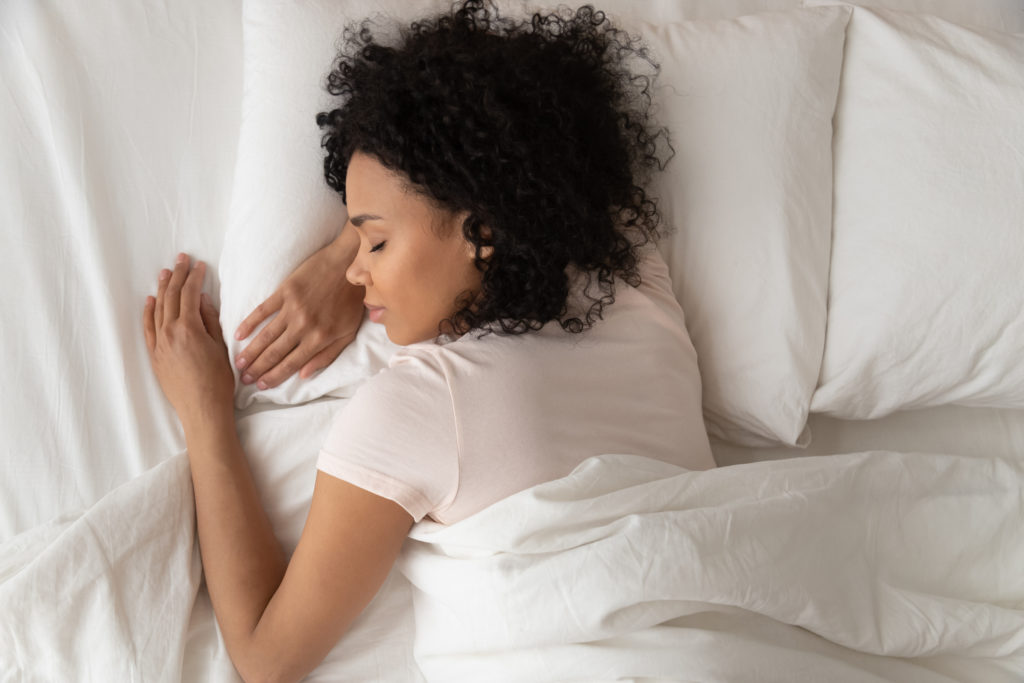The best time to sleep and wake up varies for different people. It depends on your needs, circadian rhythm, and schedule. However, there are general guidelines that should be followed.
Your needs
The best time to go to sleep and wake up depends on a number of factors, including the type of work you do and your lifestyle. For example, if you work seven days a week, it’s probably best to go to bed at 8 pm and wake up at 7 am. On weekends, however, you may need to stay up late. Therefore, it’s best to stay consistent with your sleep schedule.
Although it’s important to stick to a certain schedule, people can’t follow one set schedule. For example, a night owl can’t adjust to a morning person’s wake-up time. To avoid causing sleep deprivation, try deducting 7-8 hours from your wake-up time. Similarly, a morning person should deduct about twenty minutes for falling asleep. By following this routine, you’ll wake up early before your alarm.
A good night’s sleep is essential for health and wellness. Not getting enough sleep can lead to drowsiness and reduce productivity. It can also help fight inflammation and improve your memory. In addition, a good night’s sleep improves your immunity and promotes weight loss.
The best time to go to sleep and wake up varies for everyone. Some people feel refreshed in the morning and sleepy in the evening, while others are more alert during the day. It is best to listen to your body’s signals and find a routine that works for you. A peaceful environment at bedtime and a relaxing nighttime routine can help you get a good night’s sleep.
Your circadian rhythm
The optimal time to sleep and wake up depends on your body’s circadian rhythm. The National Sleep Foundation recommends that people sleep between eight p.m. and midnight. However, this time can be different for different people, so you need to consider your individual needs.
The best way to establish a consistent wake-up and sleep time is to create a sleep-wake routine. This can help you to fall asleep more easily and wake up alert and refreshed. A consistent bedtime is also a good habit for keeping your circadian rhythm consistent.
Your circadian rhythm regulates many of your body’s processes. In particular, it regulates the production of hormones. For instance, during the night, your body produces melatonin, a hormone that induces sleepiness. Cortisol, on the other hand, is a hormone that makes you alert. Your circadian rhythm also controls the temperature of your body. It naturally reduces as you sleep and gradually increases when it’s time to wake up.
Your circadian rhythm plays a vital role in maintaining your health. If you’re not following it correctly, your body will not function properly and your energy level will be negatively affected. As a result, it’s important to get plenty of sleep.
Your schedule
Your schedule and lifestyle can play a major role in the optimal time to go to sleep and wake up. While it is true that some people have the circadian rhythm that enables them to wake up with the sunrise and fall asleep with the sun, it’s important to consider your own unique needs. For example, if you must get up at 7 in the morning for work, you’ll want to wake up early. Those who work shift shifts may want to sleep late if they can.
It is important to keep a consistent schedule, which will help you get a good night’s sleep. The best time to go to sleep depends on your age, but the general rule is that children under the age of nine should go to bed by 8 pm. Teenagers and adults should try to get to sleep around 10:00 pm. However, if you are a night owl, you should subtract a few hours from your waking time, and you’ll be able to fall asleep before your alarm goes off.
When you decide on your schedule, consider your daily priorities and tasks. Determine which are most important, and make sure to stick to them. Eventually, it will be easier to get to sleep and wake up in a consistent manner.

